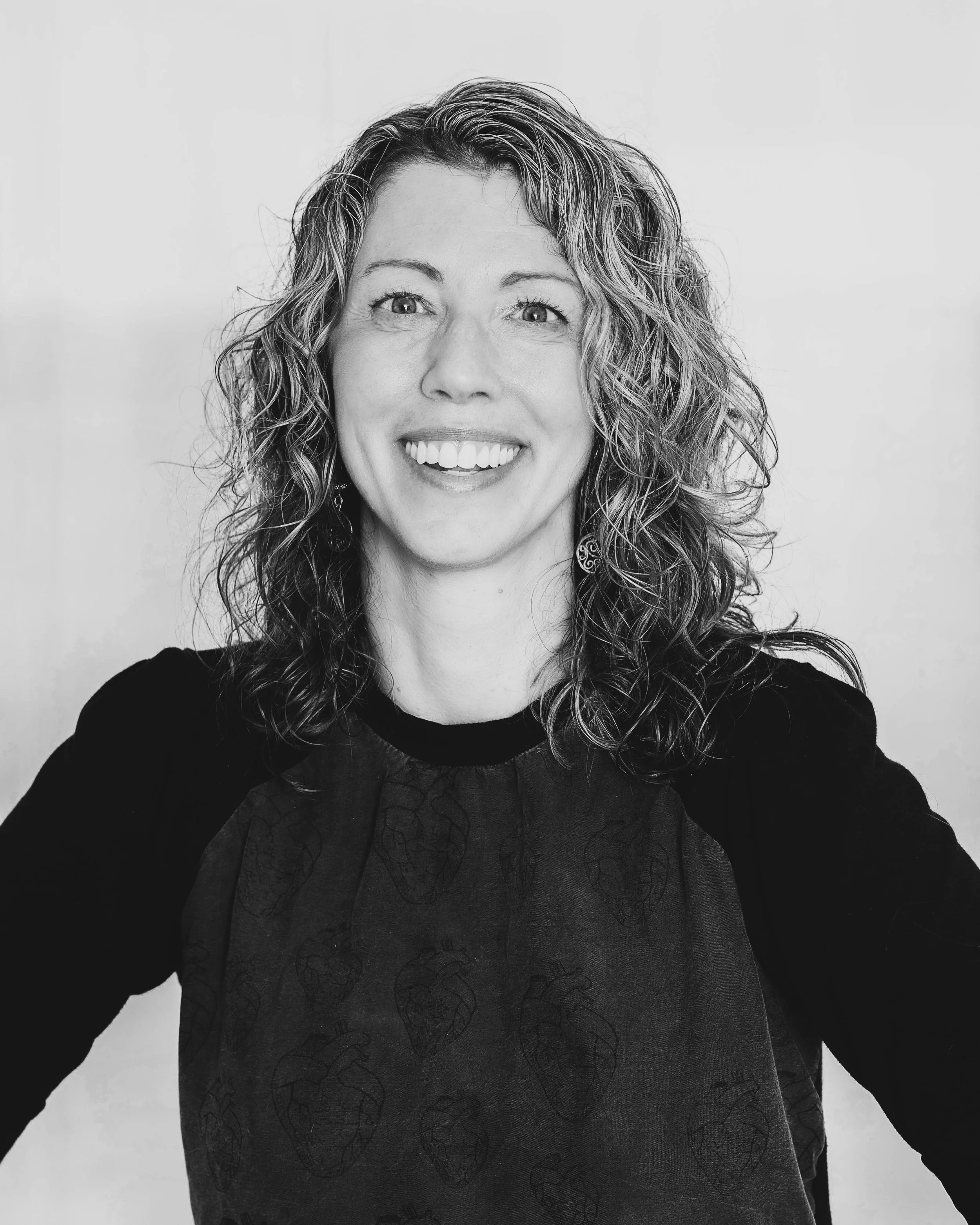"9:47 p.m. in Dorset, Vermont" by Gabriela Denise Frank
9:47 p.m. in Dorset, Vermont
is witch weather and lichen time on Halloween. Six fleece-bundled druids huddle around a blazing bonfire on a hilltop clearing overlooking the marble house. A lone car whooshes along the tarred road below. Its yellow cat eyes swerve, turn, puncture the forest. The night rises again to blue-black, to crackling wood, to twinkling constellations.
For our last gathering we roast marshmallows beneath a hangnail moon.
We go around the circle, rehashing barely born memories like incantations: handmade pasta, brittle dawn frost, apple cider donuts. Afternoon shadows sprawling over the barn; pancakes for dinner. Cotton candy sunset clouds. Rolling hills of golden oaks and amber maples. Juncos, flickers, black-capped chickadees. We gasp when a fox shrieks close by.
My turn. I confess, I’ve lived in a city so long I’ve forgotten there’re stars.
I list wooly bear caterpillars. Green garter snakes. A bald eagle. A conga line of wild turkeys crossing the highway. The tawny road lobster, which I refuse to call a crawdad, ten inches long. The beast brandished its claws at me while crossing the grayed asphalt, as if to say, Outta my way, lady!
Oh yes—and twin sundogs on that strange hazy day.
I don’t speak of the octopussian-limbed witch elm, the yellow-haired witch hazel, crumbling gravestones, or carbuncled pumpkins. Honey fungus blooming at the base of pines. The last grasshopper, dying. A headless woman in a white dress seated in a rocking chair on someone’s porch. Knee-deep piles of leaves I kicked through for the delightful shushing sound.
The soulful peal of Sunday church bells at noon.
This is the first time I’ve flown since 2019. I was nervous about sharing a house unmasked with five strangers. I’d forgotten the electricity of skin on skin, the cloudy proximity of human breath. Early one morning in the marble house, a door I’d never noticed sat ajar, beckoning. It led to a third floor none of us knew existed. Everything was white — white-washed walls, white doors, white linens — we joked about hiding up there together after the residency is over — if the spirits would have us.
No one wants to go. We’re children telling ghost stories ‘til late, too twitterpated to sleep.
For three weeks, we’ve breakfasted in PJs. The Alaskan poet has observed birds and reordered poems. The chef harvested sungolds from dying vines for his venison Bolognese. The composer crafted a playlist for our nightly dinners. The playwright entertained us with cutting punchlines. The audio producer knitted sweaters, memes, and recordings—she’s young and going places.
I’ve struggled to describe in words the rediscovered joy of falling in love.
I know their distinct foot-sounds on the creaky wooden stairs. The chef’s smoldering baritone before he’s had coffee. The playwright’s perfectly timed sardonic cracks that lash my sense of humor awake. The composer’s husky alto when he hums melodies. The producer’s girlish lilt, the tilt of her head, the flip of tarot cards she pulls each morning. The poet’s halting cadence as she delivers a coup de grace, a forgotten arm, a thump of devastating couplets square on the solar plexus.
What delicate threads fate weaves, six separate lives temporarily one.
None of us has swum in the quarry-cum-pool, a slippery patinated pit from which the marble house was hewn. Its night water is inky, the air too crisp for a dip. As we lament this missed opportunity, a brittle beech cracks in half, shredding the cloistered calm. We freeze, wide-eyed, as its branches crash and clatter to the leaf-littered ground.
The producer quips, “A tree fell — and we all heard it.”
Beneath our chattering laughter we pluck the heartstrings of life and death. We were just walking there the other day! How to explain the urgency to live on despite the violence, the wreckage all around? To walk without cringing in anticipation of disaster falling from overhead? Living can’t be decoupled from breaking, but how do we not become the breaking[1], the fracture, the fall? How do we steer into the curve of the absurd rather than the abyss?[2] The omnipresence of grief lingers, and we don’t know what to make of it—what questions can you ask a poem?[3] Language cannot do everything.[4]
At dawn, we disapparate one by one: six smoke trails upswept by the blustery wind.
Gabriela DENISE Frank
Gabriela Denise Frank is a transdisciplinary storyteller, editor, and educator living in the Pacific Northwest. Her work has appeared in True Story, BOMB Magazine, Tahoma Literary Review, X-R-A-Y, Bayou, Baltimore Review, The Normal School, The Rumpus, and elsewhere. The author of Pity She Didn't Stay 'Til the End (Bottlecap Press), she serves as creative nonfiction editor and managing editor of Crab Creek Review. www.gabrieladenisefrank.com
Headshot: Meagan Mishra
Photo Credit: Kaylee Wallace


